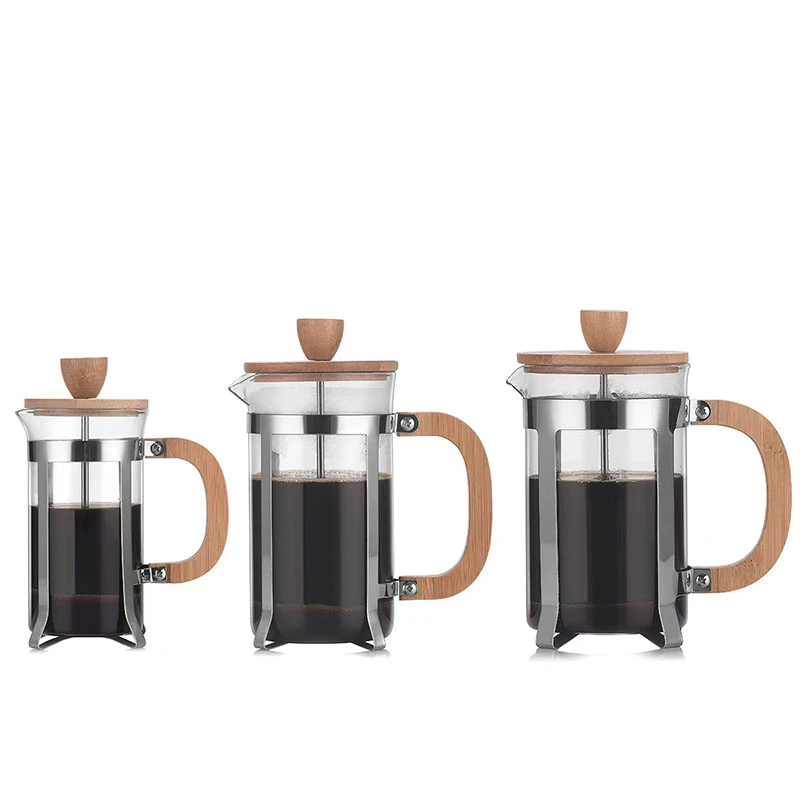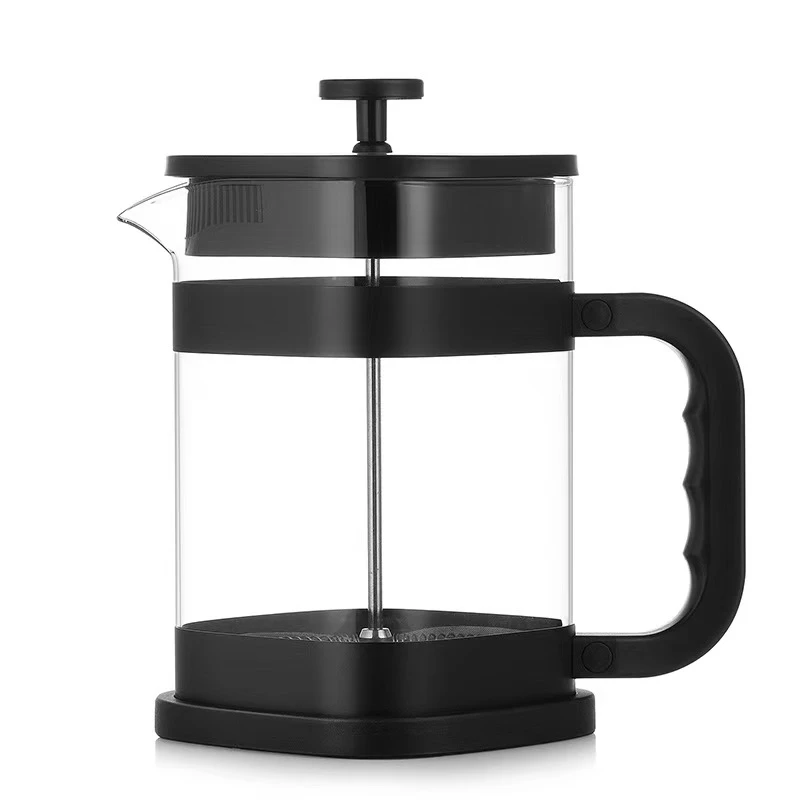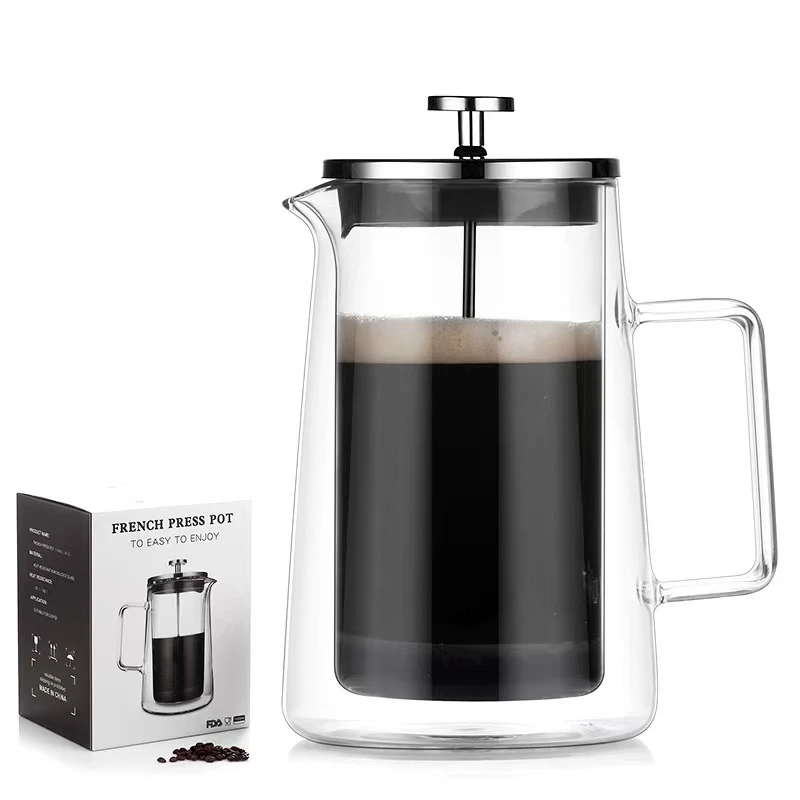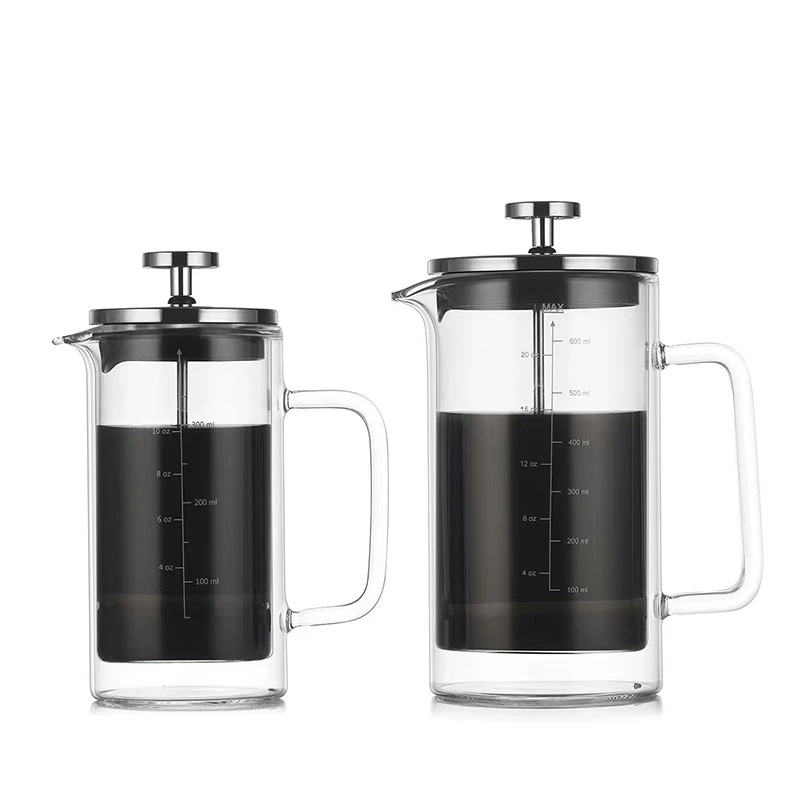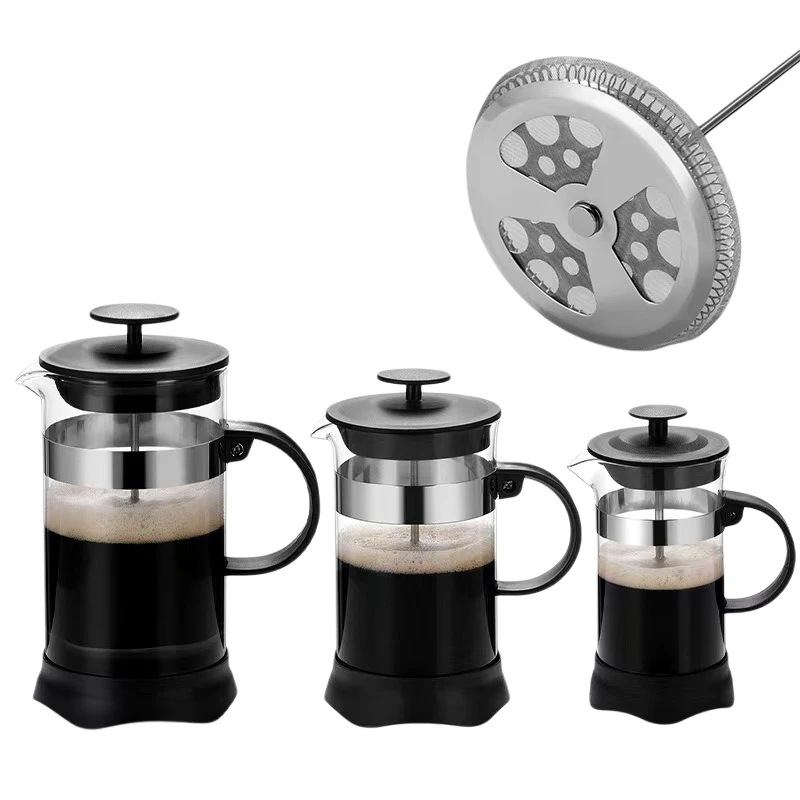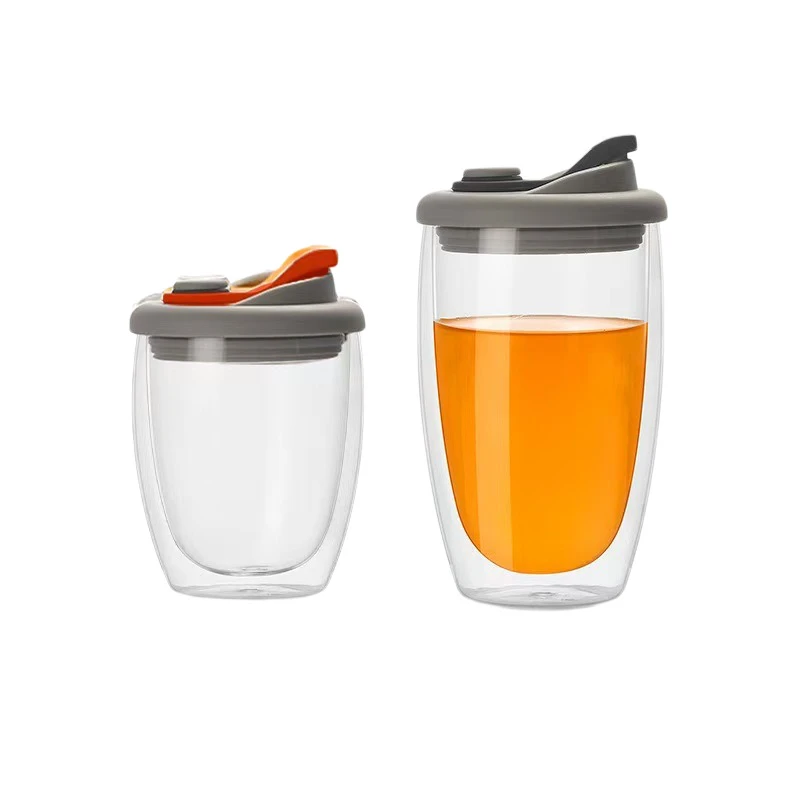How worried should I be about using a plastic water bottle?
Have you ever wondered why soda is sold in plastic bottles, juice comes in plastic bottles, milk comes in plastic jugs, and alcohol is nearly always sold in glass containers? Storing alcohol in glass bottles preserves the taste and quality of the beverage, as plastic may change the taste and doesn’t have a long shelf life.
That begs the question, if plastic is not an ideal beverage container, should we drink water out of glass? Which is the healthier option: plastic or glass?
Why do beverages come in plastic bottles?
Beverages come in plastic bottles because of practicality. Since plastic bottles cost roughly the same to manufacture as glass bottles, the benefit is in the weight and durability. Plastic bottles weigh much less than glass bottles, so they are easier to transport — which makes them a greener option. Also, plastic bottles are far less prone to breakage. This feature is important for shipping, stocking and consumer use.
Why are plastic bottles bad?
For all the good that plastic bottles offer the manufacturer, retailer and consumer, there are a few resounding negatives that are hard to overlook when it comes to plastic bottles.
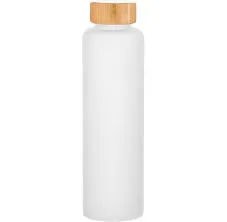
Plastic can hold odors
If you’ve ever taken lunch to work in a plastic container, you may have noticed that it tends to absorb odors. It doesn’t take long for that container to greet you with a cacophony of undesirable smells whenever you open it. The same thing can happen with your water bottle. Bacteria from your mouth and food you’ve eaten can make the water smell less than pure.
If it smells, it’s creating vapors
Plastic has a distinctive smell. Unfortunately, we can only smell particles that we inhale. If plastic smells, that means it’s releasing volatile components.
It’s the bacteria, not the chemical leaching, that’s an issue
While chemical leaching is a big talking point with plastics, it isn’t much of a health concern unless you are storing your water bottle in high-heat areas. What you do have to consider is bacteria growth. Your water bottle can pick up bacteria whenever you drink from it. If you like your water at room temperature, you’d be surprised how much bacteria can grow in your water bottle throughout the day.
Plastic isn’t kind to the planet … or you
According to the United Nations, It can take plastic up to 500 years to decompose in a landfill. That means every plastic bottle that has ever been thrown out is still here. Even worse, when plastic bottles break down, they create harmful microplastics that filter into the environment, are found in drinking water and eventually make their way into your body.
What are the pros and cons of a glass water bottle?
Glass is a great choice for the individual who wants to have on-hand drinking water at home. Glass is made from organic ingredients. It does not absorb smells, and it does not leach any toxic chemicals into your water. It also does not let liquids or gasses penetrate, making it reusable.
However, glass could be better. Bacteria can still grow in a glass bottle if it is not regularly cleaned, and it is much heavier than plastic, making it difficult to transport. Also, glass will break if dropped, which adds other travel concerns. Some glass types are unsafe for extreme temperatures, so they cannot be put in the refrigerator or microwave, and some bottles must be hand-washed.
So which is healthier: plastic or glass?
If you are considering buying a reusable water bottle and health is the primary concern — not portability — then a glass container is the clear winner. A good lid seals your water bottle, letting the water stay fresh. Most importantly, a glass water bottle doesn’t leach chemicals or absorb smells and is endlessly reusable as long as you don’t break it and keep it clean.
What about stainless steel?
A third option is stainless steel. While stainless steel can leach chemicals when used as cookware, it doesn’t tend to leach in plain drinking water. It is durable and can be vacuum sealed for insulation to keep your water cold (or hot). On the downside, some people do not like the taste of water in a stainless steel container. Bacteria can grow on stainless steel, so it must be cleaned regularly.
 TEL: +86 311 67799298
TEL: +86 311 67799298 Email: tina@yintoglassware.com
Email: tina@yintoglassware.com



